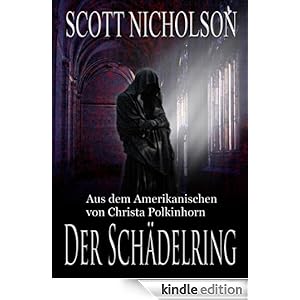The closing of Borders led to a rash of articles
like this one lamenting the loss of bookshelves, delivering the underlying message that now people will have fewer places to get books and caring people should all feel sad and depressed. Such nostalgia-driven sentiments are understandable, and you can't tell someone what they should feel nostalgia about (any more than you can tell them which faith to have or whom to fall in love with), but the arguments are logically flawed.
The reality is bookshelves are expanding at a more rapid rate than ever. The decline in new paper books is way more than offset by the avalanche of new digital titles. And it's not just the current crop of indie authors leading the charge. Small presses and digital publishers are staying fast and lean, moving rapidly to take advantage of the era's opportunities.
I don't celebrate the decline of bookstores, but I am not overly nostalgic about them, either. While I have done numerous signings in them and purchased books there, I get much of my reading material at thrift shops, yard sales, and the library. I am not a collector. Aside from a few core favorites, I read a book and then pass it on. I don't feel smarter standing in a bookstore, and even though I might discover titles by browsing, I see exponentially more titles on my computer every single day. And I don't think people are going to go out of their way to support inconvenient behaviors such as driving to the store
unless they want the experience instead of the product.
My father-in-law was once CEO of a chain of 100 family-owned retail stores in the Midwest. They were expanding rapidly though the 1960s and 1970s. Then some Wal-Mart executives came to the family and showed the Sam Walton plan for market domination and made a reasonable offer to buy out the family chain, more as a courtesy than a cut-throat business move. After all, Wal-Mart planned to kill the chain one way or another and had little to gain with the offer.
My father-in-law said the family turned down the deal because Wal-Mart's plan was "impossible." The traditional retail business was built on a profit margin of 33 percent, while Wal-Mart was planning a 28 percent margin. It would never work, and even if it did, customers would remain loyal to the family chain where they'd been shopping for decades, even if they had to pay just a little bit more.
Wrong and wrong. The family chain collapsed within several years, and my father-in-law said the big shocking lesson was that people
DID NOT CARE about nostalgia. They were going to go to the place that gave them the best deal at the most convenient location.
I was at a little bookstore in a small Kentucky town recently and I asked the owner if she could survive the digital revolution. She said, "People will always want books." I told her she had a great location, and she answered "This used to be the town bus station." She did not see the irony.
Just because bookstores die doesn't mean people will read any less. In fact, we are reading more, because it's cheaper, more convenient, and most of us have a device at our fingertips for reading. I am not going to feel guilty because "we didn't save the bookstores." The closing of a bookstore doesn't make us morally weaker, dumber, or less civilized. It's not a referendum on our ability to communicate or our intellectual curiosity. It's not any kind of harbinger at all except for the simple one that the bookstores are not serving our collective needs at enough volume to maintain a profit.
We aren't killing bookstores. We are birthing a new Golden Era of literature, by writing and reading and sharing ideas, and that's far, far more important.
###





